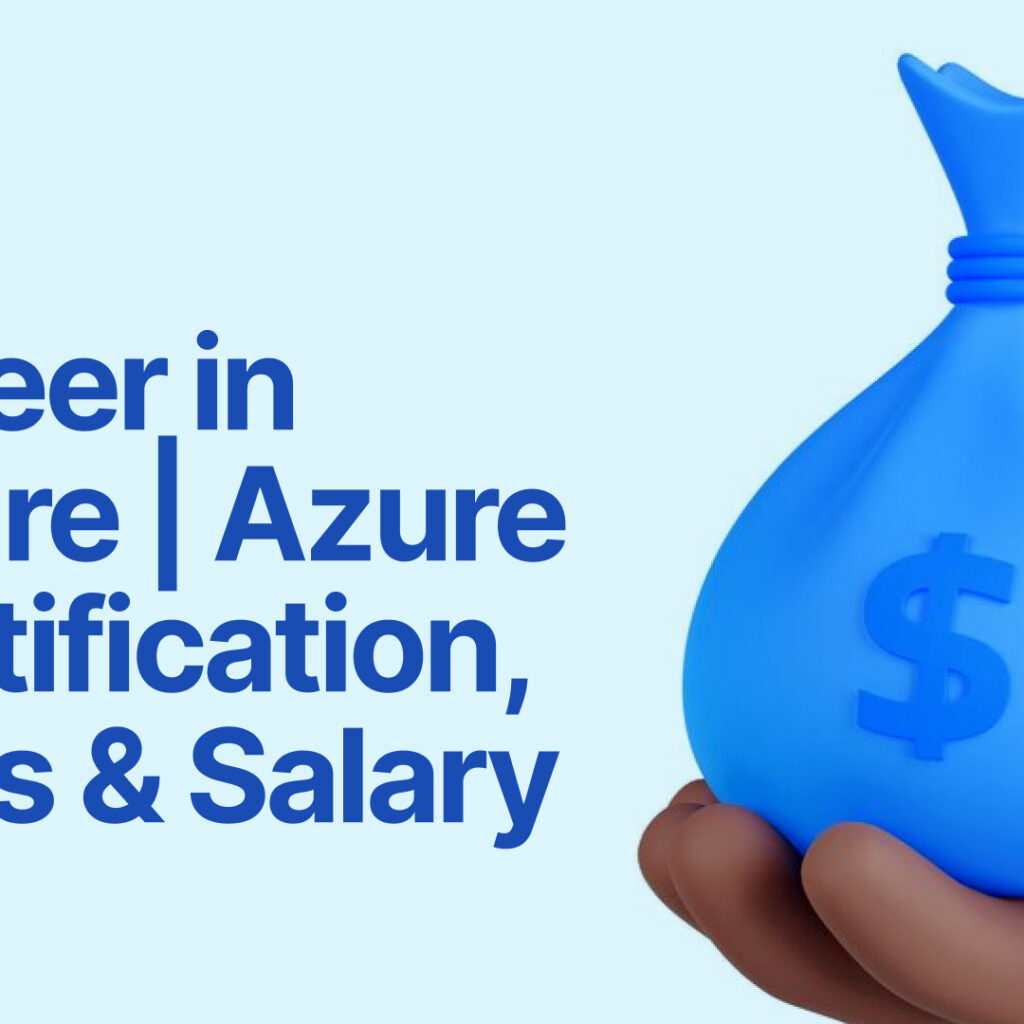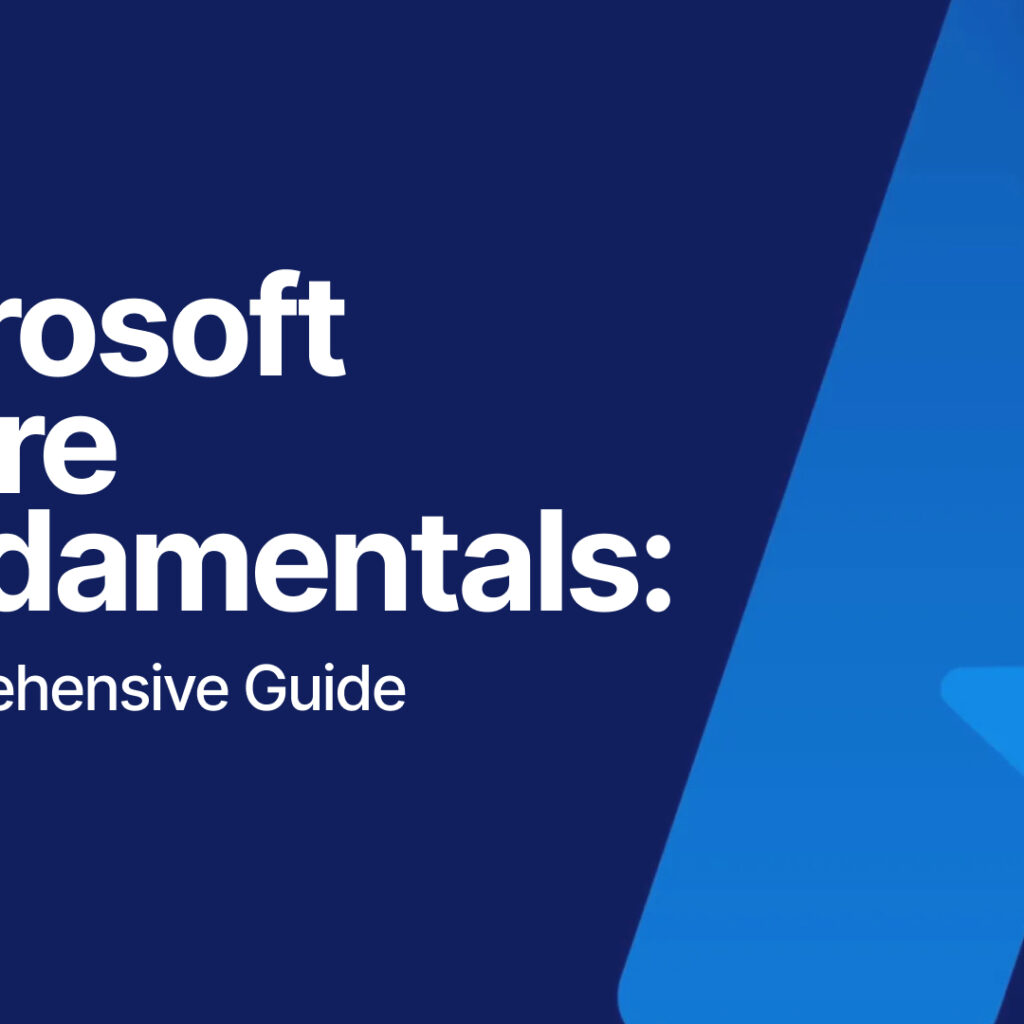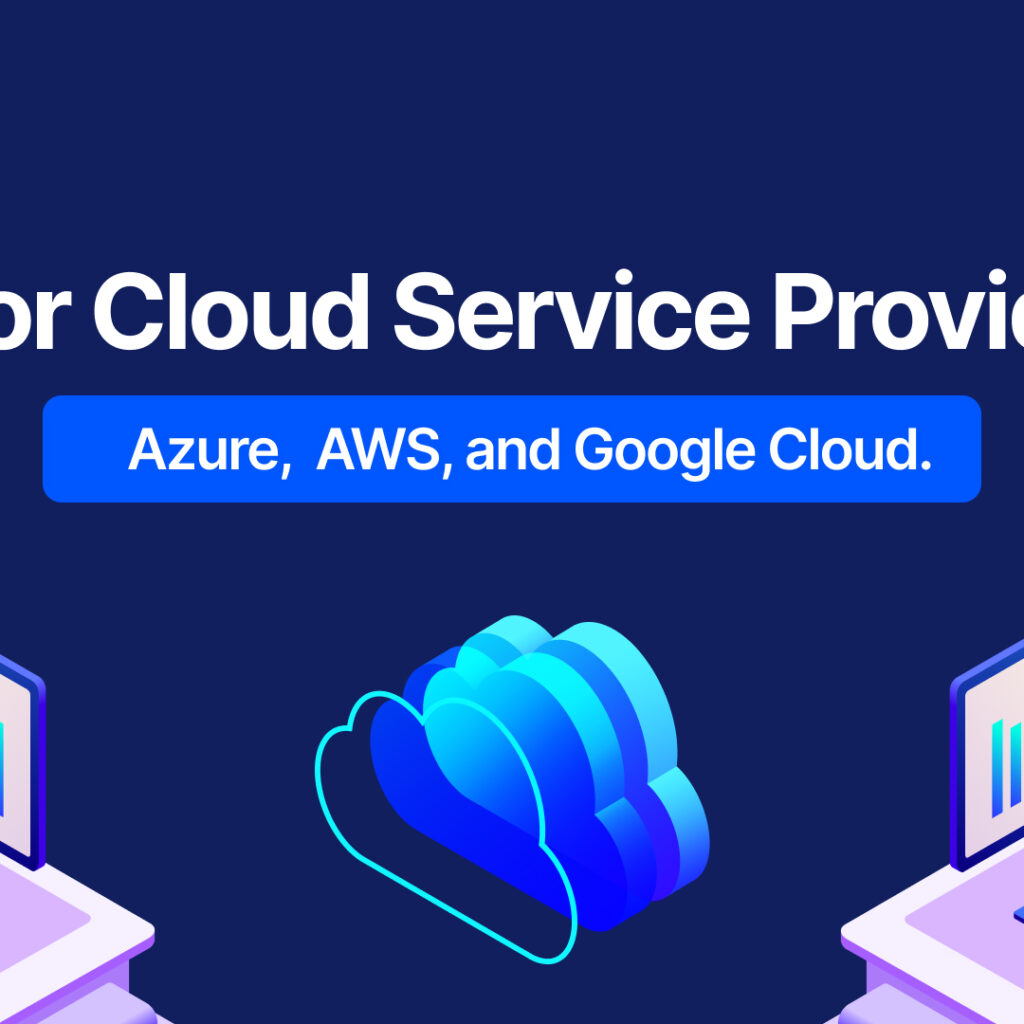Introduction to Azure AI Foundry
Microsoft has taken AI development to another level with the introduction of the new Azure AI Foundry. Microsoft Azure AI Foundry is an AI development platform that enables the development, deployment, and management of AI technologies. What is Microsoft Azure AI Foundry? Azure AI Foundry is Microsoft’s unified platform designed to streamline the development, deployment, […]
Careers in Azure | Azure Certifications, Jobs & Salary

Careers in Azure are lucrative, in-demand and have high value. Azure provides a wide range of services for building, deploying, and managing applications. Azure offers over 200 products and cloud services for storage, databases, networking, analytics, machine learning and more. These services require roles, responsibilities and careers for professionals. This article dives into careers in […]
Microsoft Azure Fundamentals: A Comprehensive Guide

In today’s digital era, cloud computing has become the foundation for many successful businesses. It allows organizations to access resources, storage, and services over the internet. Among the leading cloud service providers, Microsoft Azure stands out due to its robust infrastructure, broad range of services, and commitment to security and compliance. To fully unleash the […]
Major Cloud Service Providers – AWS, Azure, Google Cloud

Cloud service providers play a crucial role in the advancement of cloud computing. They have made cloud services widely available, easily accessible, and beneficial for individuals and businesses. The cloud computing industry boasts numerous service providers, such as Microsoft, Amazon, Google, Oracle, among others. Among the top providers in the market are Microsoft Cloud, Amazon […]